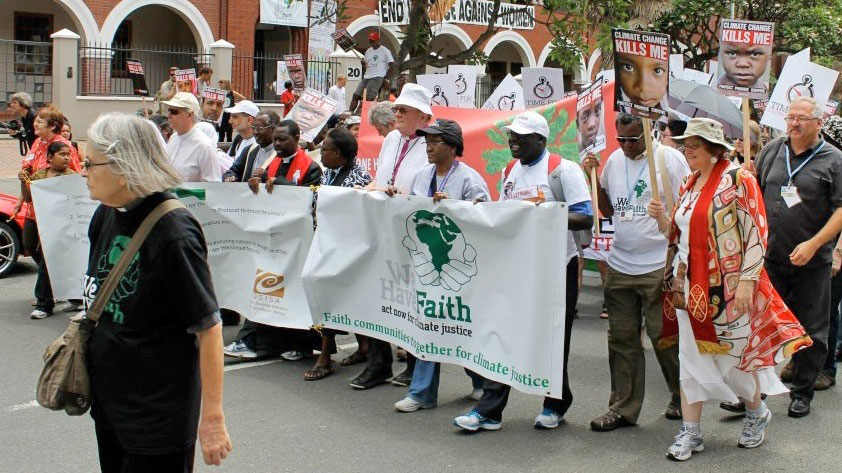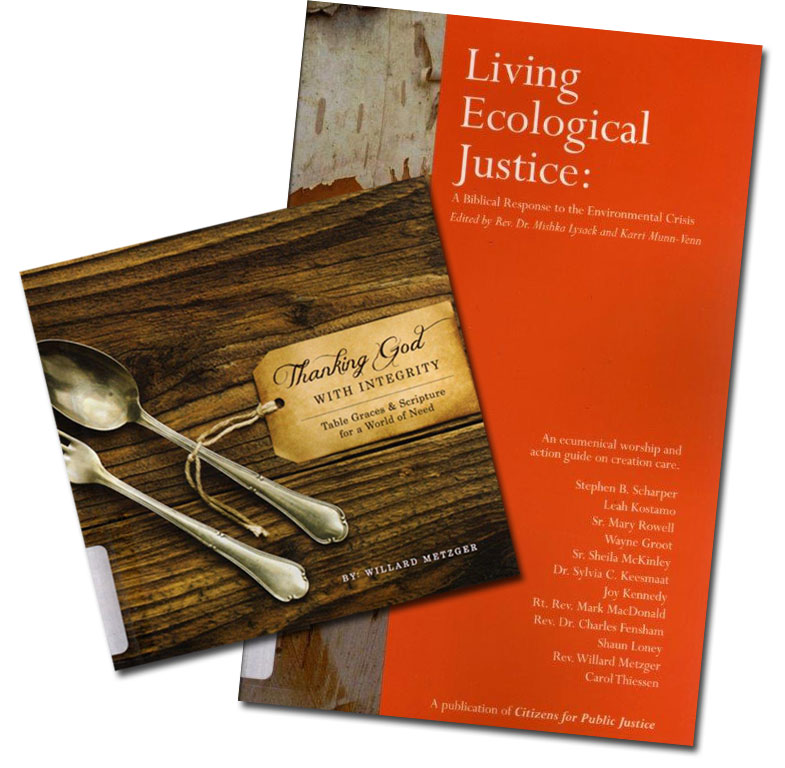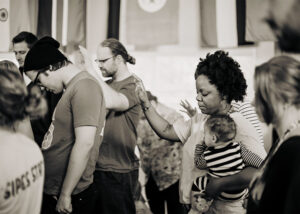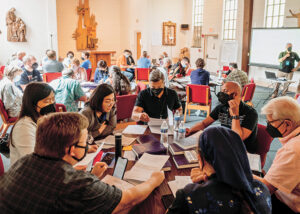A growing awareness of Anabaptism is increasing interest in Mennonite Church Canada, and Willard Metzger is happy to respond.
“I hear so many people tell me that they have found a spiritual home in the Anabaptist expression of Christianity,” says Metzger. “They may remain with their family of faith, whether that is evangelical or mainstream, but they closely identify with certain Anabaptist values, such as living simply, nonviolent peacebuilding, taking care of creation, or how they interact with people of other faiths.”
Since assuming the role of MC Canada’s executive director in November 2009, Metzger’s passion for people and Anabaptist faith perspectives has sparked diverse connections in Canada and abroad. Youth, young adults, business leaders, educators, scores of Mennonite and non-Mennonite churches, other faith groups and politicians represent just some of the relationships he is developing or shoring up.
“When I get asked to contribute, I often ask, ‘Why me?’ ” he says. “And just as often the response is, ‘We need the unique perspective your faith background brings to this issue.’ ”
On a recent 100 Huntley Street television interview, he shared a life-changing experience in Haiti following the 2010 earthquake.
While he escaped uninjured, he said, “Some friends would say that God spared me. . . . But if I lay claim to that, then I’d also have to say that God killed hundreds of thousands of people. . . . That’s not the God I know.”
His desire to reach out to people affected by the earthquake affirmed for him the idea that faith and a sense of fulfillment are not about being satisfied when God is at work in our lives, but when “we as individual followers align ourselves with what God is doing.”
“In terms of its size, the Anabaptist community offers a disproportionate influence,” says James Christie, director of the Ridd Institute of Religion and Global Policy at the University of Winnipeg. “The contribution of the Mennonite community in Canada to both ecumenical and interfaith landscapes is only now beginning to be recognized.”
Mennonites comprise about 1.7 million of an estimated 840 million Protestants worldwide. That’s less than a quarter of 1 percent. Yet Google “Mennonite” and 3.1 million results will register, compared to 8.6 million for “Protestants.” Despite their comparatively low numbers, Mennonites draw roughly 36 percent of the search returns Protestants receive.
This quick analysis is based upon dynamic, changing figures and it isn’t a scientific study, but it is telling. It suggests there is plenty of interest in Mennonites and their Anabaptist heritage—at least online. And it is to that curiosity Metzger responds as he networks within and beyond Mennonite circles.
“He brings expertise and good, sound common sense, the ability to see what needs to be done, how to do it, and how to do it in an ecumenical context,” says Karen Hamilton, general secretary of the Canadian Council of Churches (CCC). “He’s very respected at the governing board table and has huge credibility.”
MC Canada is one of 25 denominations in the CCC representing Anglican, Eastern and Oriental Orthodox, Protestant and Roman Catholic traditions. It is one of just six CCC members that also belong to the Evangelical Fellowship of Canada (EFC). That positioning gives Metzger the opportunity to address both groups.
Christie, a past-president of the CCC, says that MC Canada “has helped to bring together a far more unified voice among Christians in Canada since the turn of the century,” pointing to the contributions of Metzger and past general secretaries Dan Nighswander and Robert J. Suderman.
Metzger responds to invitations from a wide variety of faith interests. In 2012, the Billy Graham Evangelistic Association flew him to North Carolina for a meeting with evangelical leaders, and the next day he joined an interfaith conversation meeting in Toronto.
“These two back-to-back meetings took me from one end of the faith expression spectrum to another,” Metzger says. “One emphasized conversion, the other collaboration.”
Metzger has followed through on several invitations to contribute to books and conferences, and he has participated on panel discussions covering a wide va-riety of topics ranging from Truth and Reconciliation to ecological justice and the prominence of Canadian companies in worldwide mining. He worked with the CCC to speak out about nonviolent solutions to conflict in Syria, and conversed with multi-faith leaders about Quebec’s proposed Charter of Values.
But not everyone always agrees with Metzger.
He recently met with the Canadian Council for Anabaptist Leaders (CCAL) to discuss MC Canada’s Being a Faithful Church (BFC) process, which has been reviewing biblical perspectives on sexuality and will lead to wider church discernment about sexual orientation and the church.
“Some CCAL members, and others, including people in the [MC] Canada constituency, seem to think the outcome is predetermined and that it is in my hands,” Metzger says. “But the BFC Task Force and I are assuring everyone that it is not. While we take the whole of the Bible into account when interpreting Scripture, we acknowledge that, as Anabaptists, Christ is central for our hermeneutics and denominational members will decide.”
“Willard is a kind, generous but strong voice,” says Jeremy Bell, executive minister of the Canadian Baptists of Western Canada and a CCC governing board member. “He gets away with saying some pretty strong stuff because he’s kind.”
–Posted March 26, 2014










Leave a Reply
You must be logged in to post a comment.